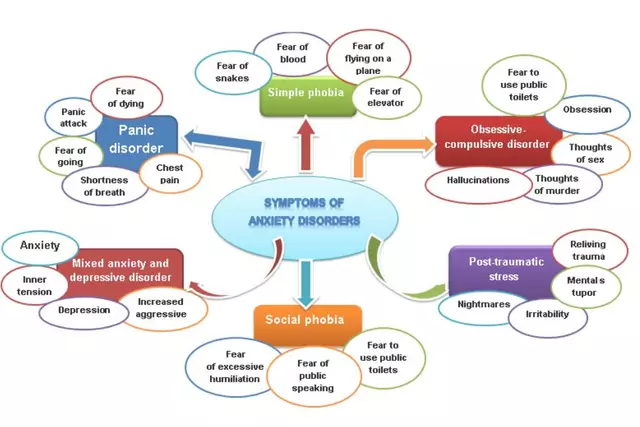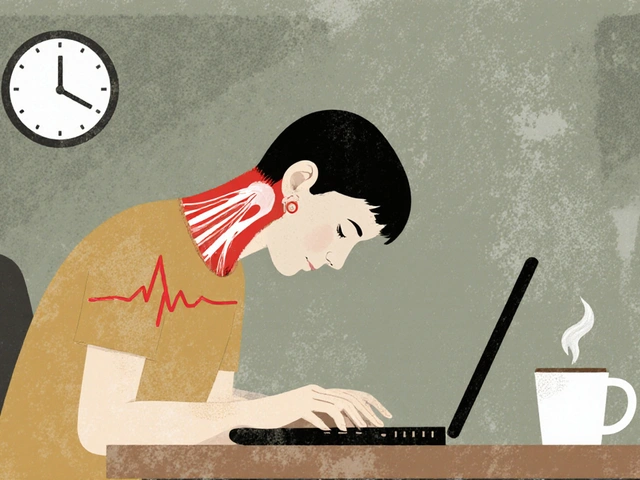Caregiving: Practical Medication and Safety Tips
Are you juggling pills, appointments, and online orders for someone you care for? You’re not alone. This caregiving tag collects short, practical guides on meds, safe pharmacies, and realistic ways to keep the person you look after safer and healthier.
Here you’ll find articles on specific drugs (like azithromycin, torsemide, and accutane), alternatives to common medications, supplements that can help mood or thyroid health, and how to buy medicines online without getting scammed. Each post aims to answer one clear question: what do I do today to reduce risk and make care easier?
Quick medication safety checklist
Keep a single, simple medication list with drug name, dose, time, and why it’s taken. Update it after every doctor or pharmacy visit.
Use a weekly pill organizer and set phone alarms. If swallowing is a problem, note which pills can be split or crushed — but only after checking with a pharmacist or doctor.
Store meds in original containers when possible and out of direct sunlight. Lock up anything that could be dangerous to children or someone with memory problems.
Track side effects and interactions. If a new symptom shows after a new drug — like dizziness, rash, or severe stomach pain — stop the medication only if advised, and call the prescriber or emergency services for urgent signs.
Dispose of unused or expired meds safely. Many pharmacies run take-back programs; don’t flush medicines unless the label says it’s okay.
How to pick a safe online pharmacy
Only use sites that require a prescription for prescription drugs. If a pharmacy sells antibiotics or other prescription meds without asking, that’s a red flag.
Check for clear contact info, a physical address, and verified seals if available in your country. Read recent reviews and search for complaints — price alone isn’t proof of reliability.
Compare prices, but watch out for extremely low offers on brand-name drugs; counterfeit meds can look real but be dangerous. If you’re buying internationally, confirm the shipment rules and customs regulations where you live.
When in doubt, ask your local pharmacist to review the online purchase or suggest trusted alternatives. Many pharmacists will check a label or verify the manufacturer for you.
Use the caregiving posts here as quick references: find dosing guidance, side-effect lists, and alternatives for common meds. For example, read our safe-buy guide for azithromycin or the torsemide dosing piece when handling fluid issues. These articles are practical, short, and written for people managing care at home.
If you need an immediate tool, print the medication checklist from any article and tape it to the fridge. Small steps like that cut errors and make caregiving feel less chaotic.
Want a specific guide or checklist? Check the post list under this tag — each entry focuses on a single problem and gives clear next steps you can use today.

- May 27, 2023
- Posted by Cillian Osterfield
Hemophilia and Caregiving: Supporting Loved Ones with Hemophilia
As a caregiver for someone with hemophilia, I've learned that it's essential to be knowledgeable about the condition and proactive in providing support. Being aware of the signs of a bleed and seeking prompt treatment is crucial to prevent complications. To help my loved one maintain a healthy lifestyle, we work together to develop a safe and effective exercise routine, while also ensuring proper nutrition. Emotional support is equally as important, so we engage in open conversations about their feelings and concerns. Lastly, staying connected with the hemophilia community has provided us with valuable resources and a network of support.
Categories
- Health and Wellness (71)
- Medications (68)
- Health and Medicine (28)
- Pharmacy Services (12)
- Mental Health (9)
- Health and Career (2)
- Medical Research (2)
- Business and Finance (2)
- Health Information (2)
Latest Posts
©2026 heydoctor.su. All rights reserved





